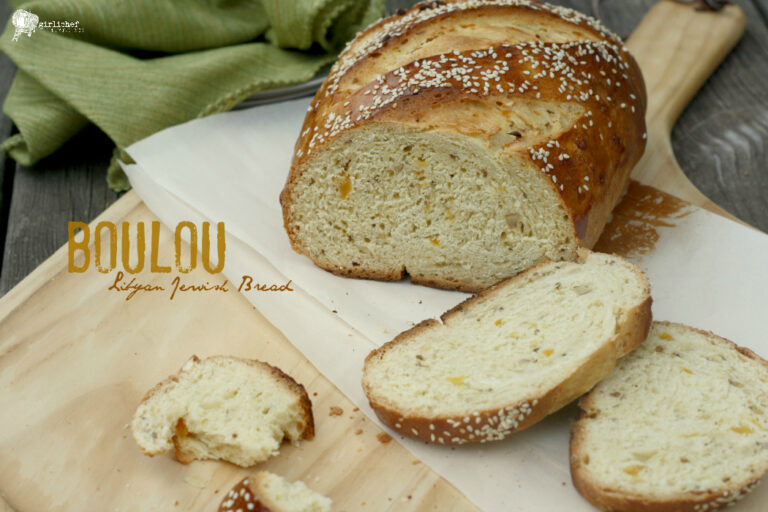Introduction: Libyan Cuisine and Bread
Libyan cuisine is a fusion of North African and Mediterranean flavors, with its unique spices and herbs. However, bread is an essential component of the Libyan cuisine, with a wide range of traditional bread and pastries. Bread in Libyan cuisine is more than just a food item; it is a representation of tradition, culture, and hospitality. Libyan bread is typically served with every meal, and it is an integral part of the Libyan dining experience.
Traditional Libyan Breads
Libyan traditional bread is made from wheat flour, water, and yeast. The bread is usually round and flat, with a soft texture. There are several varieties of traditional bread in Libya, including khubz, bazin, and mella. Each bread has its unique flavor and texture, and it is used for different meals and occasions.
Khubz: The Staple Bread of Libyan Cuisine
Khubz is the most common bread in Libya, and it is considered the staple food. The bread is round and flat, and it is usually served with most Libyan dishes. Khubz is made from wheat flour, water, and yeast, and it is cooked on a flat iron plate. The bread is soft and has a slightly sweet taste, which complements well with the spicy flavors of Libyan cuisine.
Bazin: The Indigenous Bread of Libya
Bazin is an indigenous bread of Libya, and it is one of the oldest bread in the country. The bread is made from barley flour, water, and salt, and it is cooked traditionally in a clay pot. Bazin has a hard and dense texture, and it is usually eaten with a sauce or soup. The bread is also a symbol of Libyan hospitality, and it is served to guests on special occasions.
Libyan Pastries and Sweets
Libya has a wide range of pastries and sweets, which are usually served during special occasions and festivals. Some popular Libyan pastries include baklava, ghoriba, and karkadé. Baklava, made with layers of phyllo dough and nuts, is a sweet pastry that is often served with tea or coffee. Ghoriba is a type of shortbread cookie, which is usually made with almond, sesame, or coconut. Karkadé is a sweet drink made from hibiscus flowers, sugar, and water.
Conclusion: Bread and Pastry Culture in Libyan Cuisine
Libyan cuisine has a rich bread and pastry culture, with a wide range of traditional bread and pastries. Bread is an essential component of Libyan cuisine, and it is served with almost every meal. The different varieties of bread and pastries serve as a representation of Libyan tradition, culture, and hospitality. Libyan bread and pastries are not just food items; they are an integral part of the Libyan way of life.

